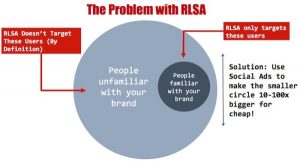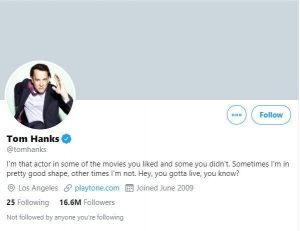…or does it even matter?
This original article was written by Steve DiGioia.
After your star performer quit and left you high and dry you insisted on keeping that manager position open for three weeks. Face it; your pride got the best of you. “How dare he walk out like that? Besides, we didn’t need him anyway”. Boy, how wrong you were.

No emails went out about why he left and there was no mention to the middle managers of what happened. The employees are all asking questions. But you didn’t care; you just wanted to erase him from the scene…
Now, after your self-imposed and ego-inspired funk subsided, it’s back to reality. You need to fill that spot.
“He got paid too much anyway, now’s the time to save a few thousand bucks. Let’s call that headhunter we used to use, and tell him to get me some people to interview by week’s end. I don’t need the “perfect employee”; just get me some bodies here quick!”
Wait a minute. Your star performed just quit and you don’t think you should look for a “perfect employee” to fill his spot? That’s your ego talking again.
Who cares why he quit, that’s a conversation for another day. You must identify the best employee available to fill that role. If not, how long can you afford to be without the person that was your best seller, the one that needed little motivation and the one that mentored the younger staff? Not very long.
But now you’re more concerned about saving a few thousand dollars? You’re kidding?
Of course, there is no such thing as a perfect employee. But you shouldn’t settle for someone less capable than what you already had. Do you think a less-than-perfect hire will keep your company on the same footing as before?
According to the National Business Research Institute, 37% of employers said a bad hire negatively affects employee morale. Another 18% said the bad hire negatively impacted client relationships. And 10% said the bad hire caused a decrease in sales.
Still not interested in hiring a perfect employee?
In a study from Harvard Business Review, As much as 80% of employee turnover is due to bad hiring decisions. 36% of 1,400 executives surveyed by the staffing firm Robert Half claimed that the leading factor of a failed hire, aside from performance problems, is a poor skills match.
Still want just a “warm body”?
Oh, but you’re quick to say “We just need to fill that spot” or “I know he’s not perfect but he’ll grow into the position”. Is that really true?
Businesses that fail to invest in proper recruitment practices and are quick to hire just to fill a position have more problems than they realize.
Less qualified employees, especially management, will undermine employee morale. Customer service suffers next. Social media will document the failed attempts to meet your customer’s needs. Then revenues fall.
Maybe it’s time to rethink your position on who you hire.
What’s more important: a vacant spot or a junior employee just waiting to fail?
You decide – and be willing to deal with the consequences! Agree?
Business & Finance Articles on Business 2 Community(100)
Report Post







